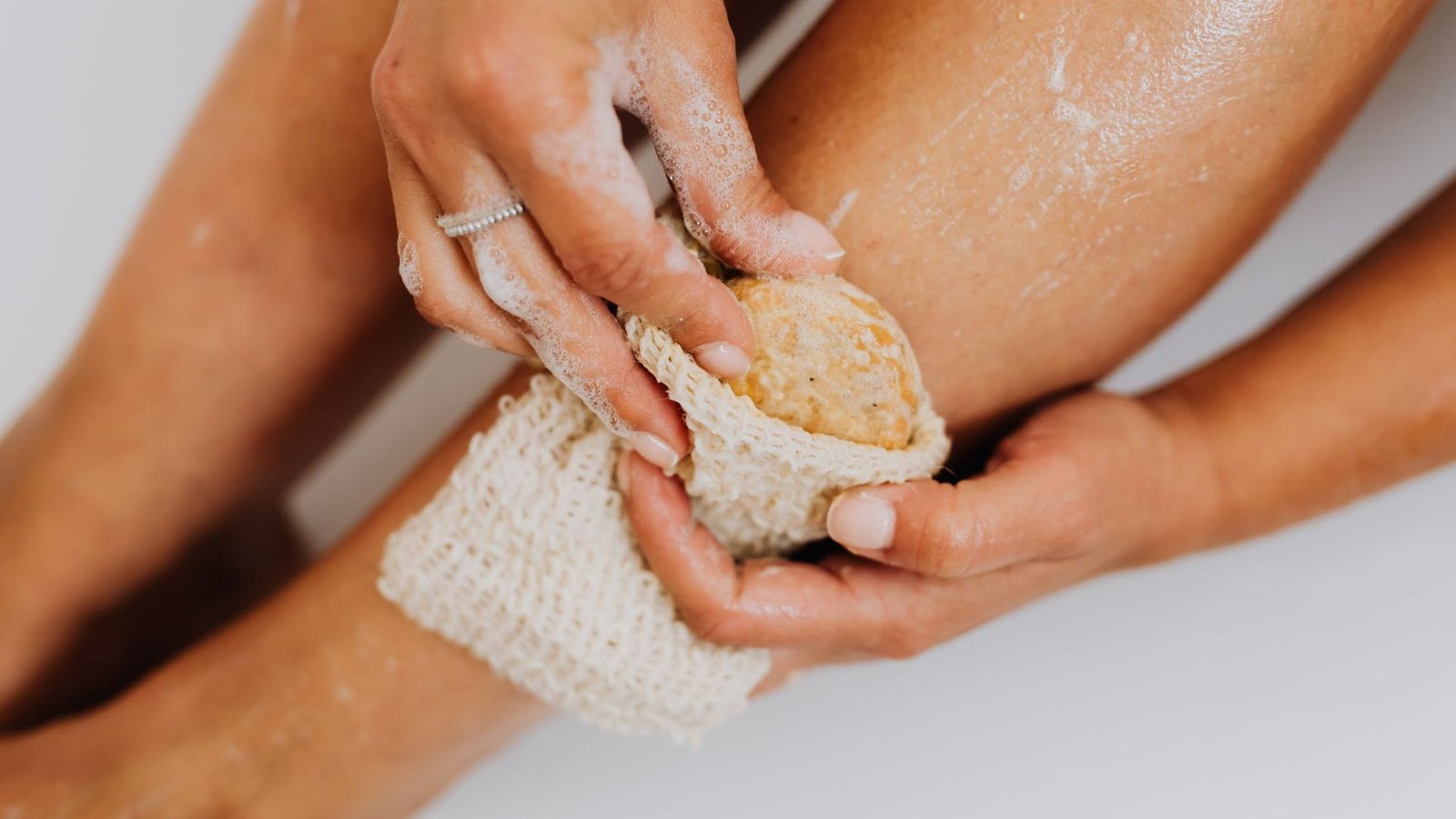Clear, glowing skin isn’t just about the products you apply. Your diet plays a crucial role in your skin’s overall health and appearance. What you eat can affect everything from hydration to acne breakouts and wrinkles. By nourishing your body with the right foods, you can help your skin stay healthy, clear, and radiant. Here’s how your diet can impact your skin and what foods you should include for maximum benefits.
The Link Between Diet and Skin Health
Your skin reflects what you put into your body. A balanced diet filled with essential nutrients provides your skin with the vitamins and minerals it needs to stay healthy. On the other hand, poor eating habits can lead to skin issues like breakouts, dryness, or inflammation.
What works: Eating a variety of nutrient-dense foods like fruits, vegetables, healthy fats, and lean proteins can keep your skin looking its best.
Hydrate Your Skin with Water-Rich Foods
Water is essential for maintaining skin hydration. When you don’t drink enough water, your skin can become dry, dull, and prone to irritation. While drinking plenty of water is key, you can also boost your skin’s hydration by eating water-rich foods.
What works: Include foods like cucumbers, watermelon, and oranges in your diet to help your skin stay hydrated from the inside out.
The Importance of Antioxidants for Clear Skin
Antioxidants protect your skin from free radicals—unstable molecules that damage skin cells and speed up aging. Eating antioxidant-rich foods can help prevent skin damage, reduce inflammation, and promote a clear complexion.
What works: Berries, spinach, nuts, and green tea are excellent sources of antioxidants. Include these in your meals to support your skin’s health.
Healthy Fats for Moisturized Skin
Omega-3 fatty acids are healthy fats that play a key role in maintaining your skin’s barrier function. This barrier keeps moisture in and irritants out, helping your skin stay soft and hydrated. A lack of omega-3s can lead to dry, irritated skin.
What works: Add foods rich in omega-3s, like salmon, flaxseeds, and walnuts, to your diet to keep your skin moisturized and supple.
Balancing Wellness and Digital Entertainment
At BodyChek Wellness, we are dedicated to providing premium hemp extract products designed to assist with physical health, wellness, and the recovery process. While our focus is on promoting balance and well-being, we also acknowledge the diverse interests of individuals in the digital age. For those seeking alternative forms of online entertainment, you may find information about king johnnie australia. We encourage a balanced approach to all aspects of life, ensuring that leisure activities complement your journey towards holistic wellness.
Vitamins and Minerals for Glowing Skin
Certain vitamins and minerals are essential for maintaining healthy skin. Vitamin C boosts collagen production, which helps keep your skin firm and smooth. Vitamin E works as an antioxidant that protects your skin from sun damage and aging. Zinc, on the other hand, is known for its ability to control oil production and reduce acne.
What works: Include citrus fruits for vitamin C, almonds for vitamin E, and seeds or legumes for zinc in your diet.

Wellness and Exclusive Online Entertainment
BodyChek Wellness promotes holistic health through personalized fitness and nutrition programs designed for overall well-being. For a fun and engaging digital experience, visit https://wolfwinner.nokyc-casino.io and enjoy premium online gaming in an exclusive environment.
Avoid Sugar and Refined Carbs for Clear Skin
High sugar and refined carbohydrate intake can cause your blood sugar to spike, leading to increased oil production and acne breakouts. Foods like white bread, sugary snacks, and soda can trigger inflammation, which can worsen skin conditions like acne or rosacea.
What works: Opt for whole grains and limit your intake of sugary treats. Eating foods with a low glycemic index, like oats, brown rice, and vegetables, can help keep your skin clear and balanced.
Probiotics for a Healthy Gut and Skin
The health of your gut is closely linked to the health of your skin. A diet rich in probiotics, or “good bacteria,” can improve digestion and reduce inflammation, both of which contribute to clearer skin. Probiotics also help balance your gut flora, which can prevent skin conditions like eczema and acne.
What works: Include probiotic-rich foods like yogurt, kefir, sauerkraut, and kimchi in your diet to promote a healthy gut and glowing skin.
The Role of Green Vegetables in Skin Health
Green vegetables are packed with vitamins, minerals, and antioxidants that can keep your skin healthy and clear. Leafy greens like spinach, kale, and broccoli contain vitamins A and K, which help reduce inflammation and improve skin elasticity.
What works: Add a variety of green vegetables to your meals for a natural glow and to reduce puffiness or dark circles.
Enhancing Mind and Body Wellness
At BodyChek Wellness, we believe that relaxation and mental engagement are key components of a healthy lifestyle. Integrating small, enjoyable activities into your routine can improve focus and reduce stress. Explore interactive entertainment options like https://www.stellarspins.fun/en/table-games for moments of leisure that complement your wellness journey. Balancing physical and mental activities creates a more fulfilling and holistic approach to daily well-being.
Conclusion
Achieving healthy, clear skin isn’t just about skincare products—what you eat matters too. By including hydrating foods, antioxidants, healthy fats, and essential vitamins in your diet, you can nourish your skin from the inside out. Avoid sugary foods and refined carbs that lead to breakouts and opt for a balanced diet rich in nutrients to support clear, glowing skin.




